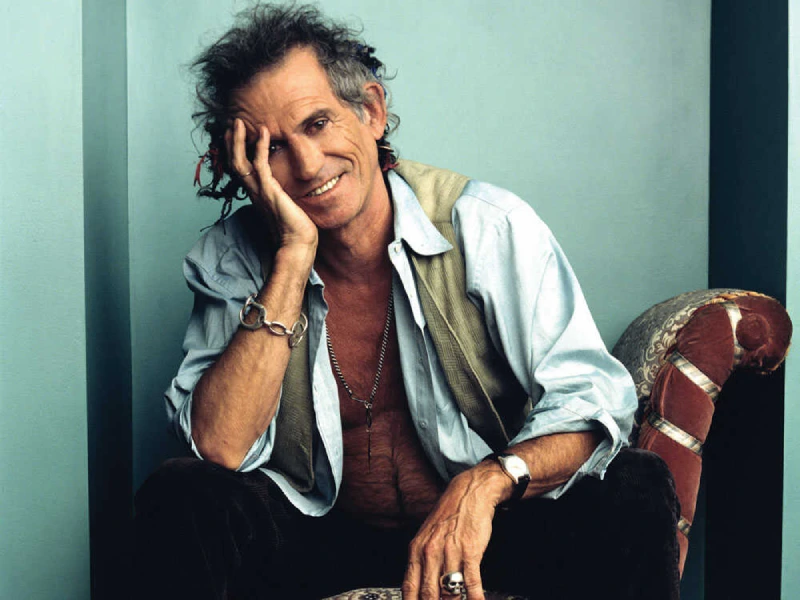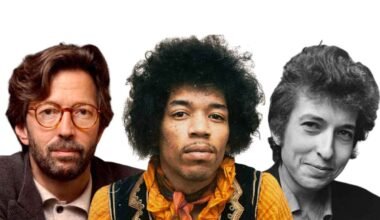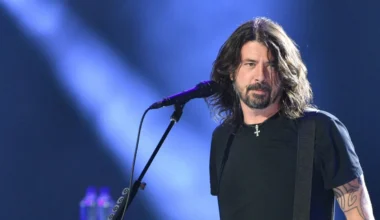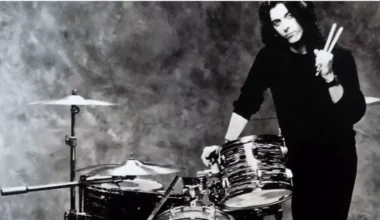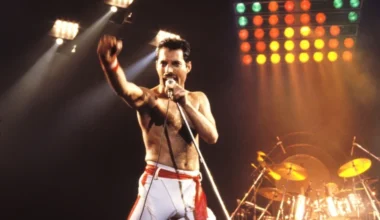Pinpointing the precise emergence of rock ‘n’ roll is a topic of debate, but it is widely accepted that it burst onto the scene during the 1950s. Paving the way for the 1960s pop rock revolution, the 1950s introduced iconic figures like Paul McCartney, John Lennon, Mick Jagger, and Keith Richards. However, before them, the 1950s gave us legendary artists such as Elvis Presley, Chuck Berry, Little Richard, and Buddy Holly.
Similar to many other things, rock ‘n’ roll didn’t just appear out of nowhere. The early rock sound was closely tied to rhythm and blues, which had its origins in the Mississippi Delta blues music of the early 20th century. Over time, progressive pop artists incorporated elements from various genres such as gospel, country, and folk. Pianists such as Little Richard and Jerry Lee Lewis also contributed the boogie-woogie element to the performance.
By the time The Rolling Stones burst onto the scene in 1963, the world of rock ‘n’ roll had already solidified its presence and was on the brink of becoming a global phenomenon. Britain emerged as the epicenter of innovation during this pivotal era in the genre’s history. The Beatles epitomized the renowned British Invasion. In 1966, the legendary American guitarist Jimi Hendrix made a significant move to London. He sought a more supportive atmosphere for his exceptional talent.
On October 17th, 1961, a significant event unfolded that would leave a lasting impact on the world of British rock music. On that particular day, Mick Jagger and Keith Richards, who were both in their late teens at the time, had their first encounter on platform two at Dartford Railway Station. Jagger carried a collection of rhythm and blues records, a rarity in the UK at the time, catching Richards’ attention.
As Jagger and Richards honed their songwriting skills, The Rolling Stones began to make their mark on the UK charts. They relied on classic R&B covers from beloved American artists like Bo Diddley, Chuck Berry, Muddy Waters, and Howlin’ Wolf. In contrast to The Beatles, the Stones had a strong affinity for the bluesy aspect of rock ‘n’ roll. According to Jagger and Richards, the essence of rock ‘n’ roll was sparked by the soulful melodies of Muddy Waters’ electric guitar.
Richards acknowledges the significant influence of his early blues heroes on the birth of rock music. However, he identifies 1956 as the pivotal year when the genre truly emerged as a powerful and distinct force in the music industry. In a significant turn of events, the year witnessed a convergence between the US pop charts and rhythm and blues charts. This convergence was marked by Elvis Presley’s remarkable achievement. He secured his first number-one hit single in the US with the iconic track ‘Heartbreak Hotel‘.
In 1956, at 13, Richards’s maternal grandfather, Gus Dupree, a traveling jazz guitarist, introduced him to music. His passion for rock ‘n’ roll blossomed during his teenage years. “Back when I was 15, rock ‘n’ roll was just emerging,” the guitarist fondly recalled in a 1987 interview with Rolling Stone magazine. “We were acutely aware of the fact that we had entered a new era. Absolutely. It felt as if AD and BC were merging, and 1956 became the starting point.
Richards experienced a significant shift in his perception of the world when rock music emerged in 1956. Prior to that, he felt as though he was living in a dull and uninspiring environment. However, the introduction of rock music brought vibrancy and meaning into his life. Out of nowhere, a newfound purpose emerged, beyond the monotonous routine of work and the daily grind of school. All of a sudden, the world burst into vibrant colors, like a scene from a movie.
A few dedicated individuals laid the foundation for the early movement, and according to Richards, its influence spread across the globe with remarkable force. “It was a global explosion,” he exclaimed with excitement. “Just a few records by talented musicians from Memphis, Macon, and other similar locations.” However, their impact was undeniable. It’s truly incredible.
In addition to its immediate entertainment value, rock possessed a provocative quality that captivated its fans and transcended political boundaries. It has completely transformed people’s thought processes. Well, now there are rock ‘n’ roll concerts in Moscow because that unstoppable energy just can’t be contained. One may construct a barrier to impede individuals, yet in due time, the power of music will transcend that obstacle. Richards asserts that one cannot resist the undeniable power of music.
Rock music didn’t become politically charged until the 1960s when Bob Dylan’s folk music inspired a generation. They used songs as a platform to speak out against injustice. Right from the start, rock music was accompanied by a youthful confidence and rebellious attitude, ready to ignite a cultural revolution.
Experience the electrifying energy of The Rolling Stones as they take the stage in one of their early concerts. Witness their iconic performance below.

